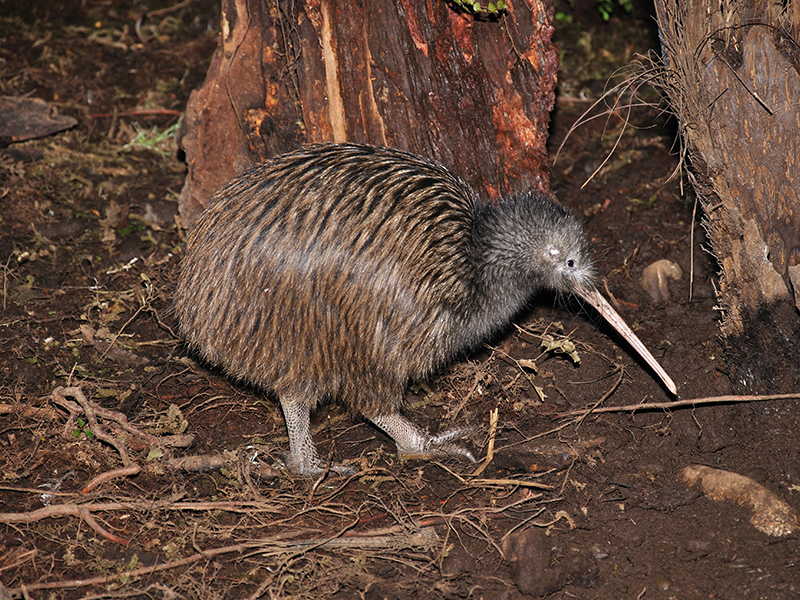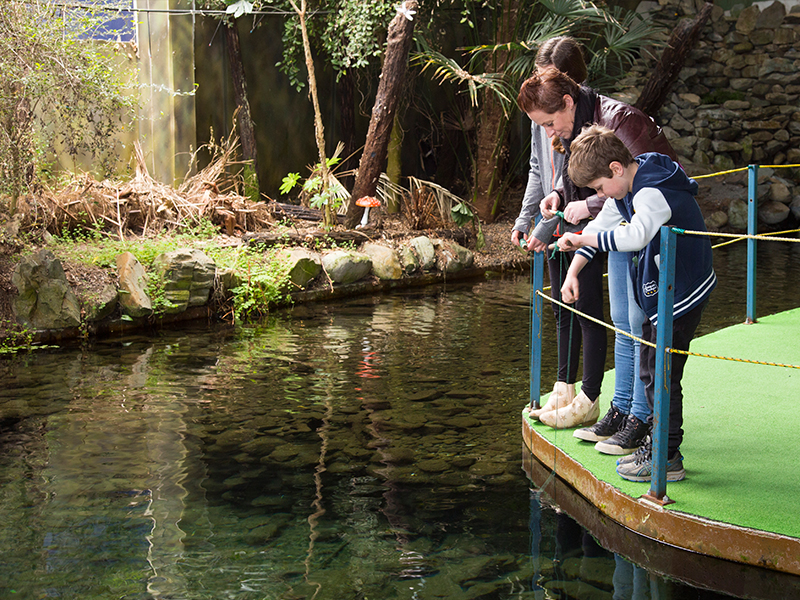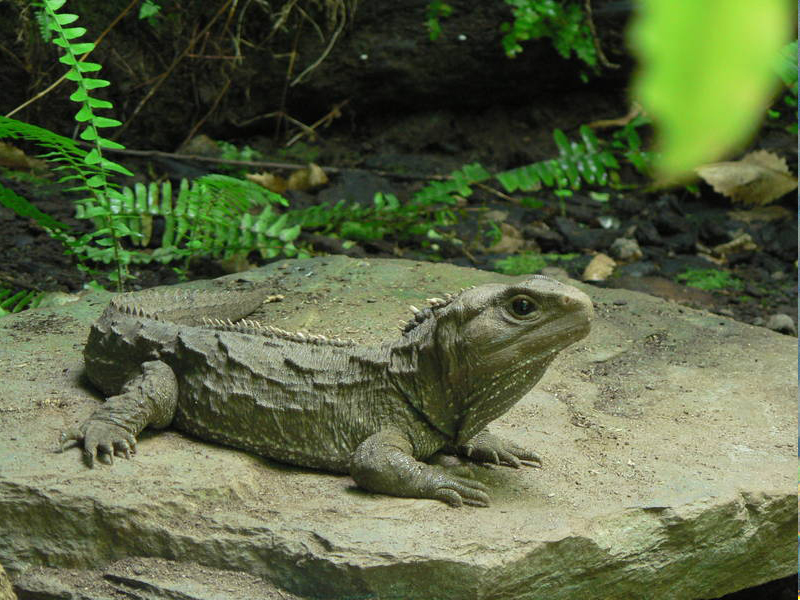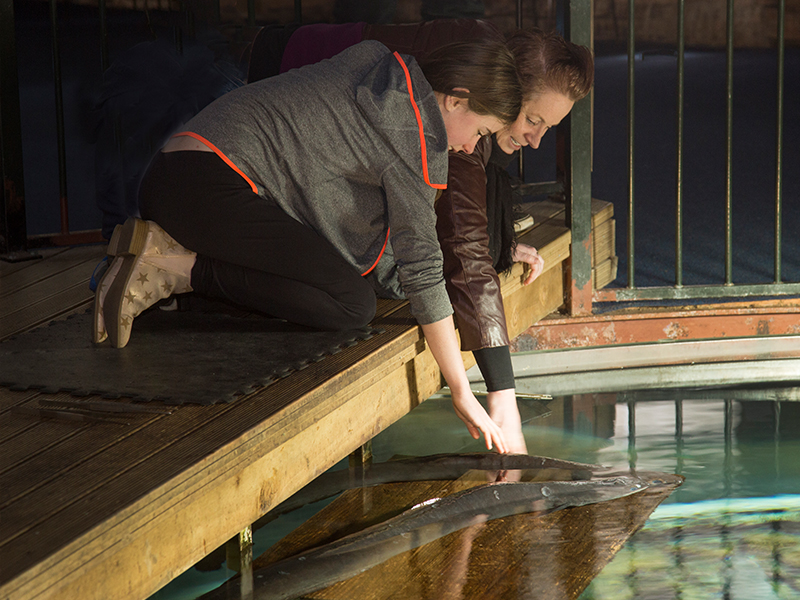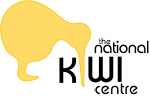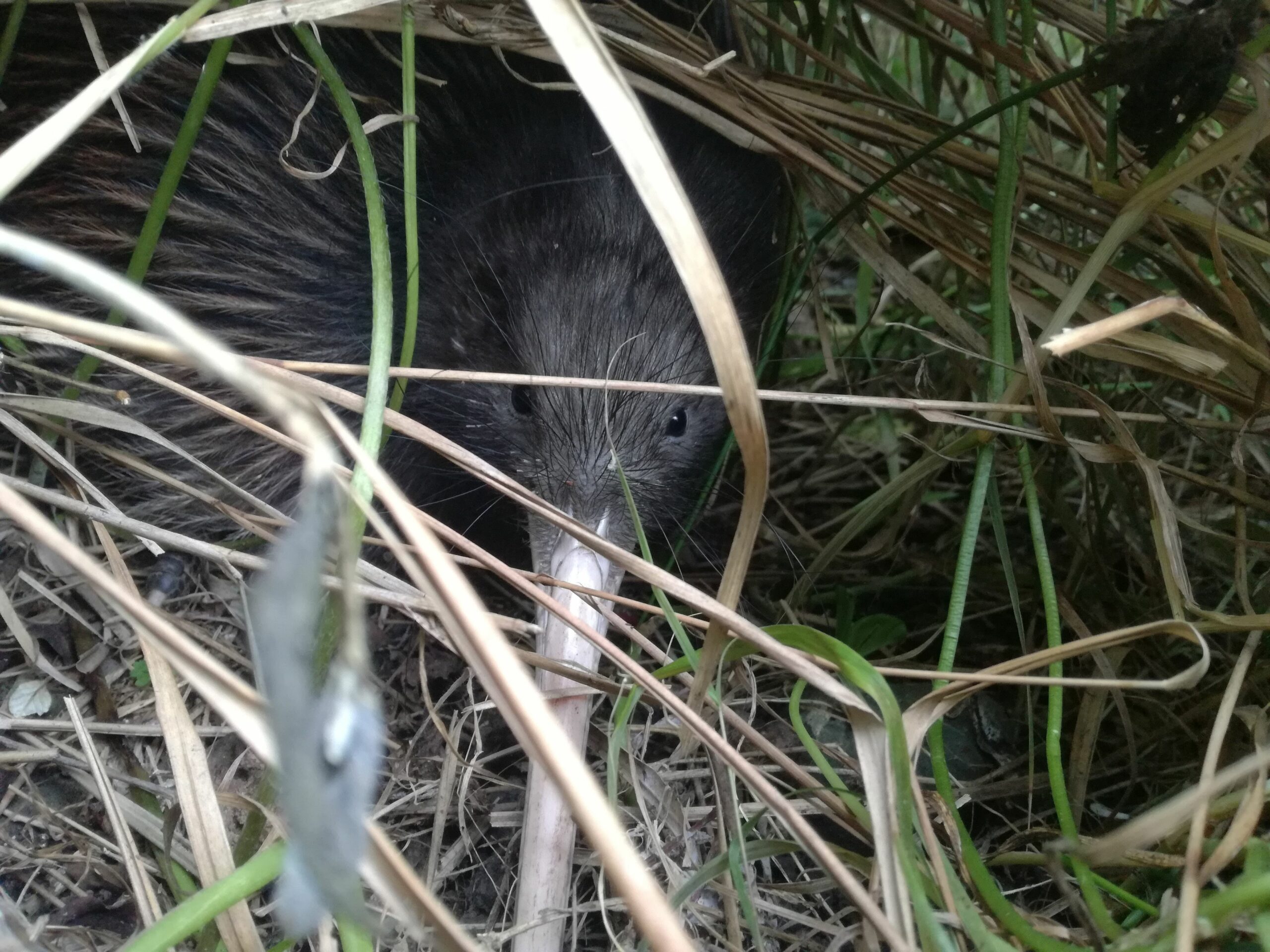
CONSERVATION
The National Kiwi Centre has several live exhibits where you can see the unique animals of New Zealand in a replica of their habitat.
While we would all prefer to see these animals in the wild, the unfortunate reality is that many are now endangered and must be carefully managed to prevent a further decline in population numbers.
Supporting the survival of these animals is our top priority and healthy animals ensure there will be enough diversity for national breeding programs.
PREDATORS
New Zealand is home to several flightless birds, many of which live a long time,
At one time this wasn’t a problem as apart from three native bat species, there were no land-based mammals to threaten them until the introduction of rats, possums, stoats, ferrets
These omnivores invade the burrows of land birds and eat the eggs and baby chicks.
They also eat many of the same food consumed by our native wildlife, resulting in a shortage of available food.
The stoat was originally introduced from Britain to control the introduced rabbit population.
Possums were introduced from Australia to start a fur trade.
Cats and Dogs were brought in by early settlers.
Rats were stealthier and snuck in on canoes and ships.
DID YOU KNOW?
All the top predators in New Zealand come from other countries.
BRUSH TAILED POSSUM
Are widespread across New Zealand and are opportunistic feeders. They often occupy holes in tree trunks that would otherwise be used by nesting birds.
STOATS
Are the biggest threat to our wild bird populations and are responsible for approximately half of all kiwi chick deaths. They sneak into the burrows and kill all the chicks, hiding any surplus for later.
RATS
There are three species of rats in New Zealand. Ship and Norway rats are found all over the country, but the Polynesian rats
DOGS & CATS
Are responsible for the deaths of many adult birds and can decimate local populations overnight.
Kiwi avoidance training is now offered by specialist dog handlers to help reduce domestic dog attacks.
